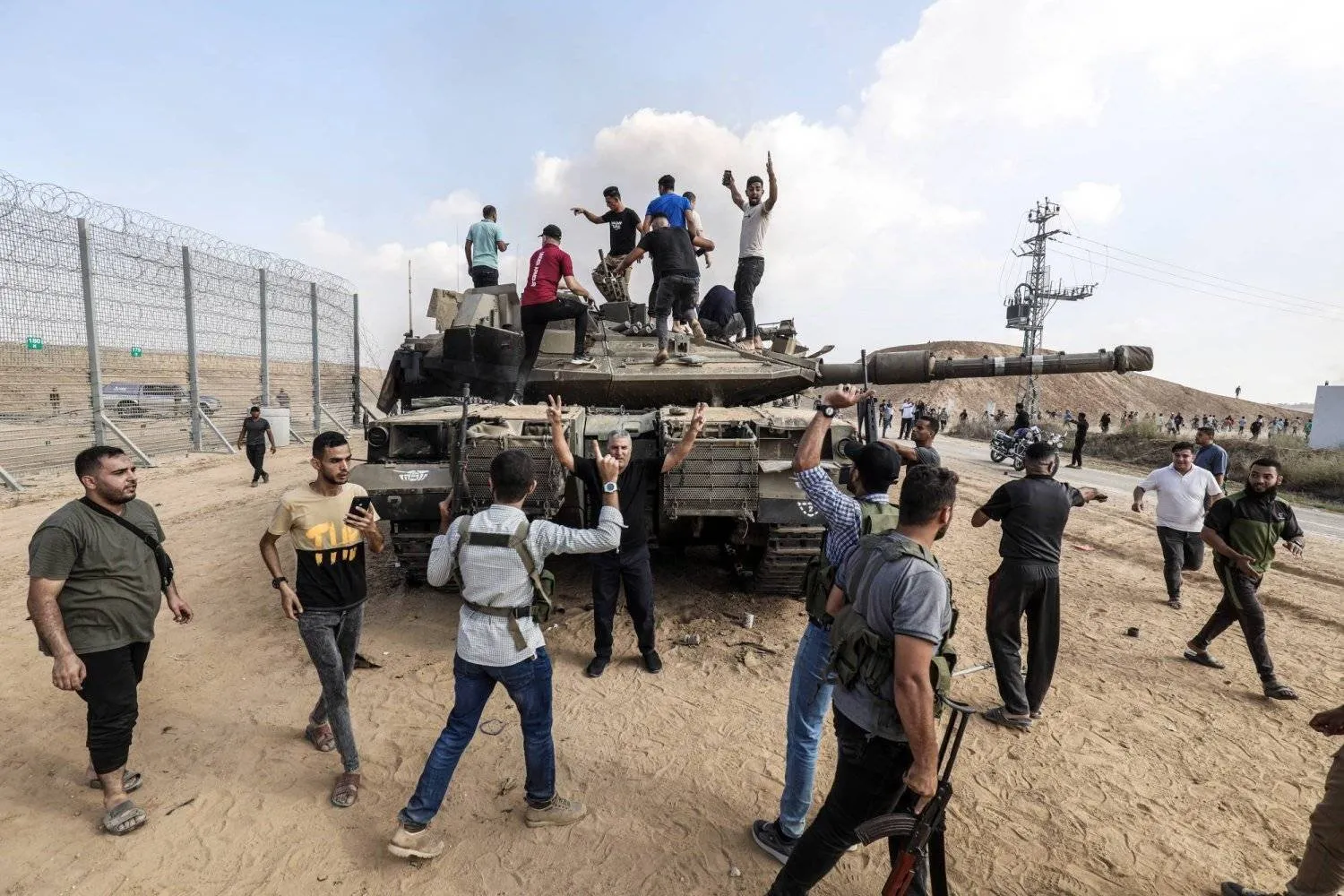The Sapir Academic College in southern Israel decided not to host a planned conference in solidarity with the Palestinian people of Gaza entitled “Pain and Hope” following pressure from the far-right.
The College administration took this sudden decision although it was one of the organizers for the event.
Roni Keidar, a member of the organization Other Voice and one of 14 Jewish peace movements organizing the conference, said the behavior of the faculty is sad and shameful.
“It also demonstrates the extent of the deterioration that has occurred in Israeli society since October 7,” she said, affirming that the conference will be held on time, in another respectable and nearby place.
Keidar, who still refuses to return to her home in Netiv Haasara, one of the villages attacked by Hamas last October, said the conference came to raise the voice of those who reject the war.
“At first, I entitled the conference: Day of Pain, Day of Peace, but there were people who said that using the word peace was too great for our circumstances. Perhaps the best word is hope. So, I said, ‘Well, let there be hope,’” Keidar, who was appointed to organize the event, said.
The conference will be held on October 9, in the Idan HaNegev Industrial Park area near the Lehavim junction which is close to Gaza. It will be an internal Israeli meeting with the Jewish and Palestinian residents of Israel.
“We decided not to include the residents of Gaza or Palestinians from the West Bank. We will not be able to contain all this pain,” Keidar said.
Eric Yellin, founder of Other Voice and a Sderot resident who visited Gaza for the first time as a soldier, says: “I was a reservist combat soldier in Gaza, and I saw the impossible reality that people in Gaza are living in.”
In 2005, Yelling said he met two Gazans at a conference in Jerusalem attended by Palestinians, mainly from the West Bank.
Through them, he started communicating with other Gazans. “I wrote a joint blog with a Gaza resident, but we stopped in 2007 because he felt unsafe writing after Hamas took control.”
Together with other citizens of the western Negev area and the Gaza Strip, Eric helped found Other Voice.









